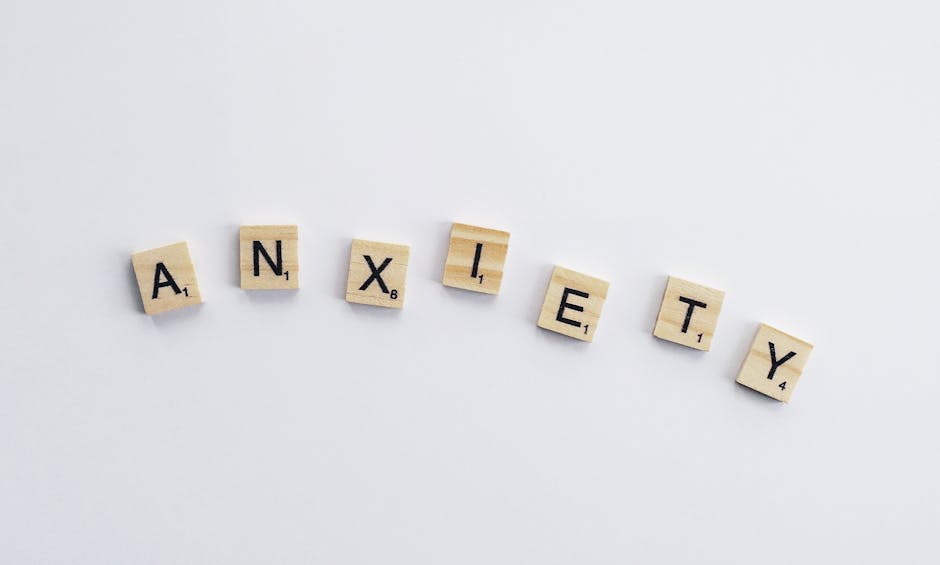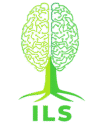
Anxiety
Concepts of Anxiety decision making and Self Medicating Proclivities
Imagine Solutions with Urban Youth Initiative inc.
10 May, 2024
Anxiety is a complex and multifaceted emotion that can significantly impact decision-making processes and behaviors related to self-medication. When individuals experience anxiety, they may struggle with making clear, rational decisions due to the cognitive and emotional challenges that accompany this mental state. Furthermore, some individuals may turn to self-medication as a coping mechanism to alleviate the distress and discomfort associated with anxiety. In this essay, we will analyze and explore the relationship between anxiety, decision-making, and the propensity for self-medication.
Anxiety can interfere with decision-making processes in several ways. When individuals are anxious, they may experience heightened levels of uncertainty, fear, and worry, which can cloud their judgment and impede their ability to assess situations accurately. Anxiety can lead to cognitive distortions, such as catastrophizing or focusing on worst-case scenarios, which can influence decision-making by promoting avoidance or risk-averse behavior. Additionally, individuals with anxiety may struggle with indecisiveness, overthinking, and second-guessing themselves, making it challenging to make timely and effective decisions.
Moreover, anxiety can also impact emotional regulation, leading to impulsive or irrational decision-making. To seek relief from the distress of anxiety, individuals may be more inclined to make decisions based on immediate gratification or short-term relief rather than considering the long-term consequences. This emotional reactivity can result in poor decision-making outcomes, as individuals may prioritize alleviating their anxiety in the moment over making choices that are in their best interests in the long run.
The propensity for self-medication among individuals experiencing anxiety is a common phenomenon. Self-medication refers to the practice of using substances or behaviors to cope with emotional distress or mental health symptoms. For individuals with anxiety, self-medication may involve turning to alcohol, drugs, or other addictive behaviors to temporarily alleviate their symptoms and escape from the overwhelming feelings of anxiety. However, self-medication is often a maladaptive coping strategy that can lead to the development of substance abuse disorders, worsen anxiety symptoms, and create additional challenges in managing mental health.
In summary, anxiety can significantly impact decision-making processes and contribute to the propensity for self-medication among individuals struggling with this mental health condition. Understanding the ways in which anxiety influences cognitive functioning, emotional regulation, and coping mechanisms is essential for developing effective interventions and support strategies for individuals experiencing anxiety. By addressing anxiety-related challenges in decision-making and promoting healthier coping mechanisms, individuals can enhance their ability to make informed choices and manage their anxiety in a more adaptive manner.
